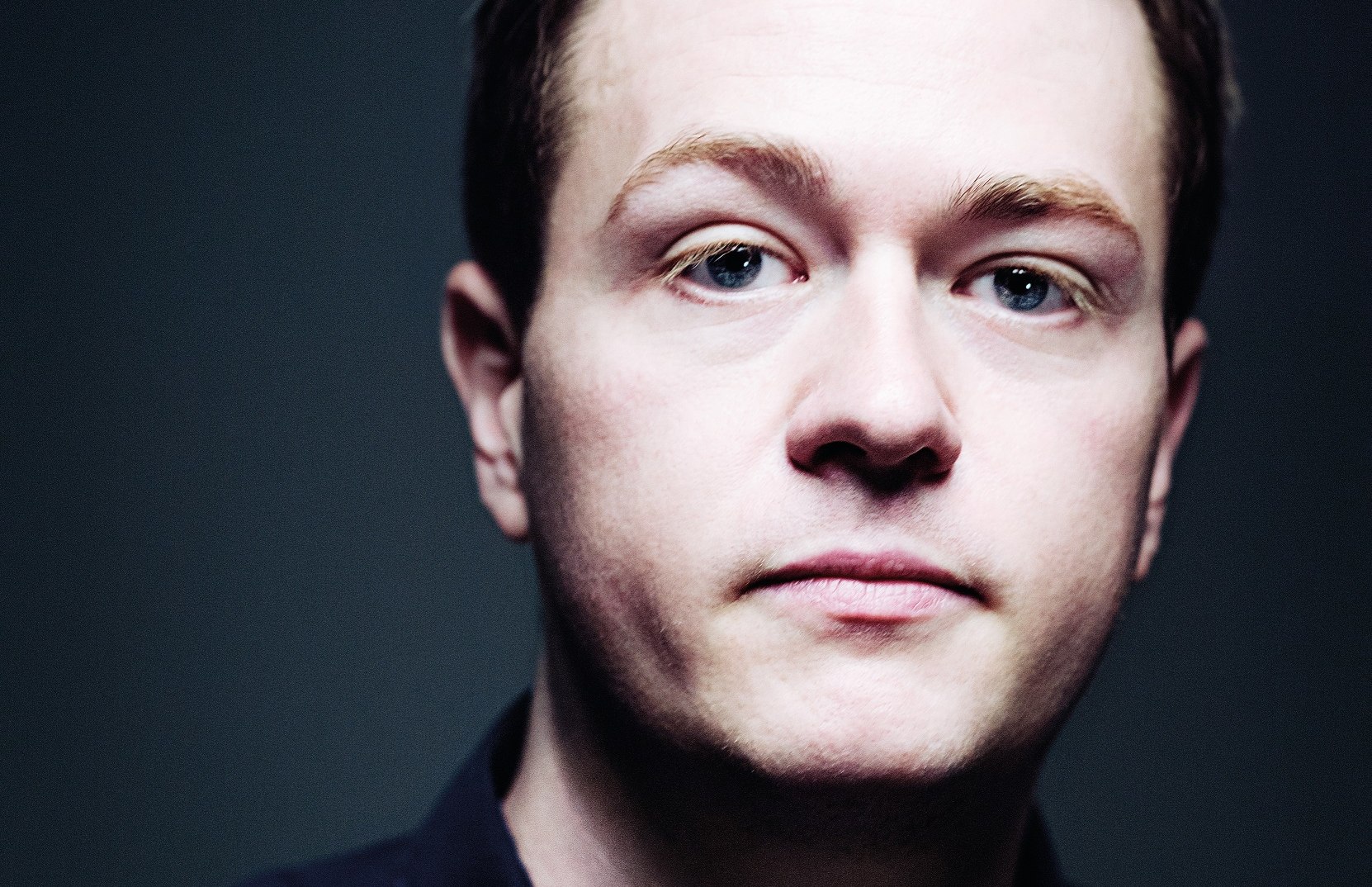In his latest book, Johann Hari argues depression is largely caused by problems with the way we live.

Johann Hari Photo: Supplied
The Scottish-born, London-raised journalist, columnist and author has written for The New York Times, Le Monde, and The Guardian.
He left The Independent in 2011 after admitting plagiarism and editing under a false name Wikipedia pages of people he clashed with - for which he’s repeatedly apologised.
He subsequently wrote a best-selling book Chasing The Scream: The First and Last Days of the War on Drugs.
He started taking anti-depressants at the age of 18 - his doctor having said he lacked serotonin - but says he stopped after 13 years when the “sense of pain” kept coming back.
“I was gradually realising … that story I was told just couldn’t have been enough, that it couldn’t just be that depression was caused by spontaneous chemical imbalances in people’s brain.”
Hari says doctors have pills as their one “main lever” in treating depression - a view psychiatrists have disputed, pointing out social factors are taken into account and that there’s already an awareness anti-depressants work for some and not others.
Hari says anti-depressants give "some boost to most people" but don't lift people out of depression.
“They give a lot of people a mild boost, which is worth having for lots of them, but it doesn’t solve the problem for 65-80 percent of them,” he says.
But he rejects suggestions he’s encouraging people to give up chemical anti-depressants; he says he’s making the case for “expanding the menu” of options, and if people experience more benefits than side effects from anti-depressants they should continue.
“We have to be able to have a nuanced and complex debate about this,” he says.
Hari says in his book, Lost Connections, that of the causes of depression that are scientifically accepted, two are biological and seven are factors in the way we live.
One such cause is childhood trauma, as Hari tells of experiencing when his mother ill, his father was in another country and he suffered “extreme acts of violence” at the hands of another adult.
People who are anxious or depressed aren’t machines with broken parts, he says, but humans whose needs aren’t being met; natural psychological requirements such as a feeling of belonging, that life has meaning an purpose people see you and value you.
Hari says this requires societal change; a shift from an individualist to a collective way of thinking about happiness, and exploring solutions such as provision of a guaranteed basic income.
“One of my closest relatives is a struggling single mother who works all the hours she can and comes home and collapses," he says, and the idea of saying to her that the causes of her depression are loneliness and meaningless work would be cruel.
“She has very little margin of change in her life that she can act on.”
Where to get help:
Depression Helpline: 0800 111 757 (24/7)
Samaritans: 0800 726 666 (24/7)
Need to Talk? Free call or text 1737 any time to speak to a trained counsellor, for any reason.
Lifeline: 0800 543 354
Suicide Crisis Helpline: 0508 828 865 / 0508 TAUTOKO (24/7). This is a service for people who may be thinking about suicide, or those who are concerned about family or friends.
Youthline: 0800 376 633 (24/7) or free text 234 (8am-12am), or email talk@youthline.co.nz
What's Up: online chat (7pm-10pm) or 0800 WHATSUP / 0800 9428 787 children's helpline (1pm-10pm weekdays, 3pm-10pm weekends)
Kidsline (ages 5-18): 0800 543 754 (24/7)
Rural Support Trust Helpline: 0800 787 254
Healthline: 0800 611 116
Rainbow Youth: (09) 376 4155
If it is an emergency and you feel like you or someone else is at risk, call 111.

